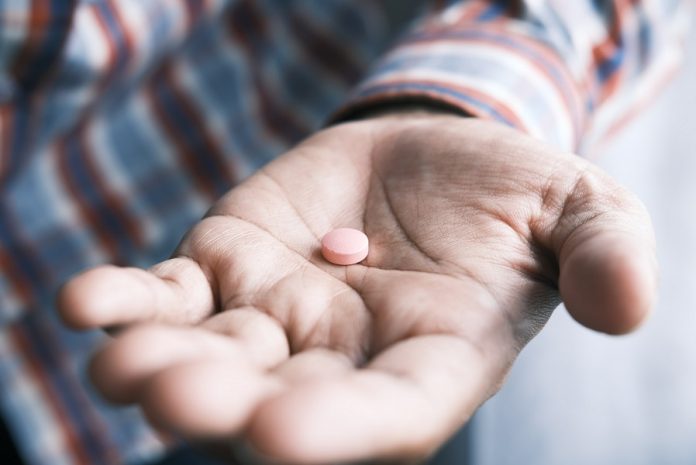Development of multi-drug resistance (MDR) bacteria in the past five decades have led to increasing research in search of a drug candidate to address this AMR issue. A fully synthetic broad-spectrum antibiotic, Iboxamycin, provides hope to treat both Gram-positive and Gram-negative bacteria via a bacteriostatic mechanism.
Lincosamide group of antibiotics comprising particularly of clindamycin is a safe common antibiotic available orally. It is a bacteriostatic agent and acts by binding to bacterial ribosomes. Lincomycin, the first antibiotic of this group was isolated from soil bacteria Streptomyces lincolnensis in 1963 and used against Gram positive bacteria.
Clindamycin, the semi-synthetic version of lincomycin has been in use for the last 50 years as an antibacterial (and antimalarial drug), particularly for the treatment of dental and bone infections. Because of its widespread use for about five decades, multiple resistance genes have now evolved, making clindamycin less effective against several bacteria in the community. Also, no other antibiotic in this group saw light of the day despite hard efforts in the past few decades.
Researchers have recently reported chemical synthesis of Iboxamycin (IBX), a novel lincosamide which is found to be highly effective against both Gram-positive and Gram-negative bacteria in in vitro and in vivo animal studies. Through structure-based design and component-based synthesis, they developed a scaffold and linked that to the amino-octose residue of clindamycin. The result is Iboxamycin, an antibiotic which has been found to be exceptionally potent against a wide range of pathogenic bacteria in pre-clinical studies on mice. It targets wild-type and resistant bacteria and exhibits prolonged bacteriostatic effects following even brief exposure.
Development of this broad-spectrum antibiotic candidate is very significant in the current times, when commonly used antibiotics have increasingly lost shine due to evolution of multiple drug-resistance (MDR), caused mainly as a result of indiscriminate use of antibiotics, thus making antibiotic resistance a serious threat to global health.
In addition, unlike Lincomycin and Clindamycin which are natural and semi-synthetic respectively, the newly developed candidate Iboxamycin (IBX) is fully synthetic, implying its availability may not be fully dependent on natural sources, and hence its industrial production could easily be scaled up to meet higher demands. Also, synthesis of several analogs is also possible as the process is component based. Further proof of its efficacy and safety will be available after the initiation of clinical trials, which will only happen when a pharma industry gets involved and gets patent rights from the inventors, to scale up further.
***
Sources:
- Mitcheltree, M.J., Pisipati, A., Syroegin, E.A. et al. A synthetic antibiotic class overcoming bacterial multidrug resistance. Published: 27 October 2021. Nature (2021). DOI: https://doi.org/10.1038/s41586-021-04045-6
- Mason J., et al 2021. Practical Gram-Scale Synthesis of Iboxamycin, a Potent Antibiotic Candidate. J. Am. Chem. Soc. 2021, 143, 29, 11019–11025. Publication Date: July 15, 2021. DOI: https://doi.org/10.1021/jacs.1c03529 Available on the link
***






































